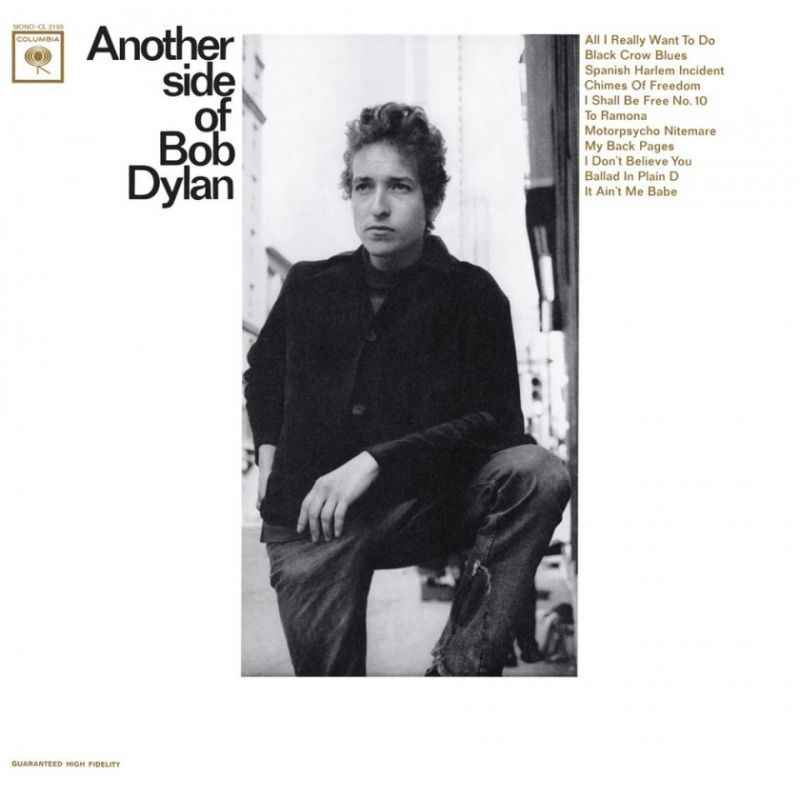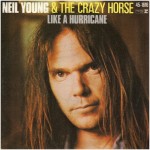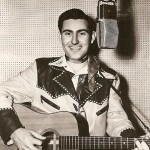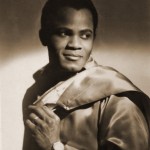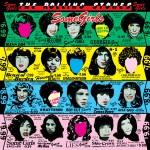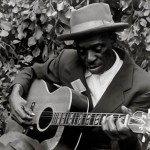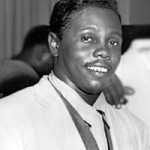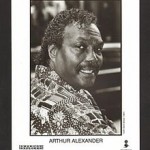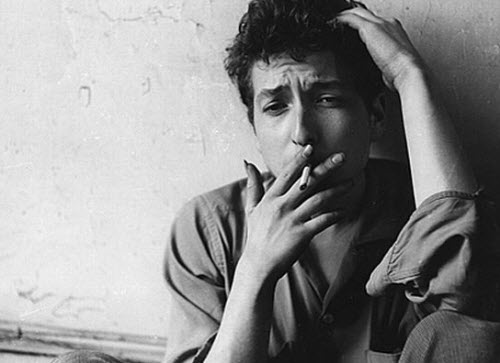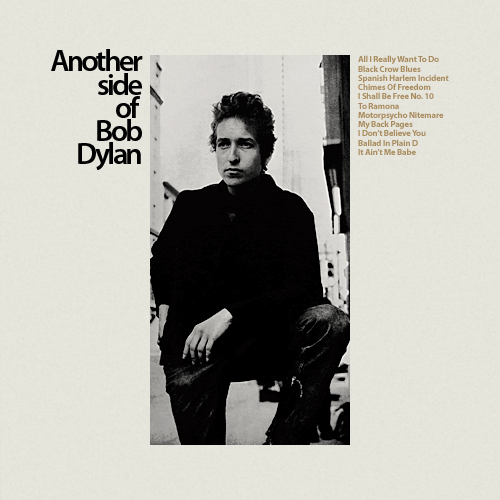[vc_row][vc_column][vc_message message_box_color=”mulled_wine” icon_fontawesome=”fa fa-quote-left”]“I wrote my fourth album [“Another Side of Bob Dylan”] in Greece, but that was still an American album.”
~Bob Dylan (to Robert Shelton June 1978)
“Tom Wilson, the producer, titled it that,” [Another Side of Bob Dylan] “I begged and pleaded with him not to do it. You know, I thought it was overstating the obvious. I knew I was going to have to take a lot of heat for a title like that and it was my feeling that it wasn’t a good idea coming after The Times They Are A- Changin’, it just wasn’t right. It seemed like a negation of the past which in no way was true. I know that Tom didn’t mean it that way, but that’s what I figured that people would take it to mean, but Tom meant well and he had control, so he had it his way. I guess in the long run, he might have been right to do what he did. It doesn’t matter now.”
~Bob Dylan (to Cameron Crowe Sept. 1985)
“His writing and control of atmosphere on songs like ‘To Ramona’ and ‘Spanish Harlem Incident’ come across as early flashes of the creative explosion that he was to go through in 1965–66. A great minor album, and his last solo album until the 1990s.”
~Michael Gray (The Bob Dylan Encyclopedia)[/vc_message][/vc_column][/vc_row]
My Back Pages:
Continue reading August 8: Bob Dylan: Another Side Of Bob Dylan (album)

